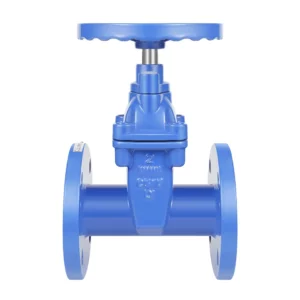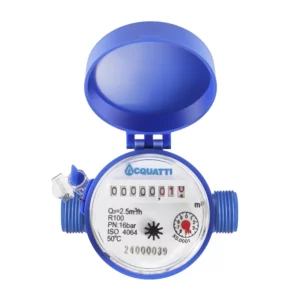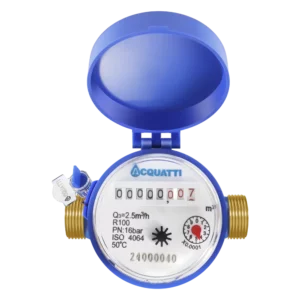Agricultural
The Role of Agricultural Valves in Smart Farming and Irrigation Systems
The Importance of Valves in the Agricultural Sector
Agricultural valves are essential components in today’s modern farming operations. From precision irrigation systems to fertilizer distribution, the right valve for irrigation systems ensures consistent flow control, resource optimization, and cost-effective operations. High-quality agricultural valves allow farmers to automate processes, manage water efficiently, and improve crop yield. In smart farming environments, control valves are integrated with sensors and timers, helping operators remotely manage flow and pressure with pinpoint accuracy.
Whether you’re running large commercial farms or localized greenhouses, durable valves are critical in controlling water, nutrients, and chemicals—maximizing productivity while conserving resources.
Environmental Requirements for Agricultural Irrigation Valves
Valves used in agriculture must withstand tough, variable environmental conditions. Key environmental requirements include:
- Corrosion resistance: Essential for contact with fertilizers, pesticides, and reclaimed water.
- UV & weather resistance: Valves must endure extreme heat, rain, and outdoor exposure.
- Abrasive material tolerance: Handling sand, particles, and debris in untreated water.
- High pressure and temperature tolerance: Suitable for both open-field and pressurized systems.
- Compatibility with chemicals: Particularly in fertilizer injector valves or chemical mixing setups.
Choosing solenoid valves for agriculture or drip irrigation valves with these features ensures long service life with minimal downtime.
Operational Standards for Smart Farming Valve Applications
Although farming environments may seem less stringent than industrial workshops, agricultural valve systems must still meet rigorous performance standards:
- Leak-free operation: Prevent water waste and maintain flow efficiency.
- Precision automation: For smart irrigation valves and greenhouse climate control.
- Energy-efficient flow regulation: Especially in solar-powered or off-grid farm systems.
- Quick installation and maintenance: For easy replacement in field conditions.
- Compliant with agricultural safety certifications: Including USDA, CE, or RoHS standards.
Reliable operation is vital during planting or harvesting seasons when downtime can directly impact yields.
Top 10 Applications of Irrigation and Agricultural Control Valves
- Drip Irrigation Systems
- Sprinkler Control Systems
- Greenhouse Watering and Climate Control
- Fertilizer Injection and Distribution Systems
- Livestock Water Supply Management
- Pumping and Water Transfer Systems
- Rainwater Harvesting and Storage Tanks
- Soil Moisture-Based Smart Irrigation
- Aquaponics and Hydroponics Systems
- Flood Irrigation Channels and Ditches
Safety Certifications and Standards for Agricultural Valve Systems
- Certifications: CE, ISO 9001, RoHS, USDA-compliant materials
- Ingress Protection Ratings: IP65 / IP67 for dust and water resistance
- Material Safety: FDA-grade plastic or stainless steel for contact with consumables
- Valve Standards: ANSI, DIN, BSPT/NPT threading compatibility
- Environmental Safety: Ensures safe usage with potable water, recycled fluids, and fertilizers
Related Products
-
Iron Valves
NRS Cast Iron Gate Valves
-
Water Meters
Plastic Single Jet Dry Type Water Meters
-
Water Meters
Brass Single Jet Dry Type Water Meters
-
Bronze & Brass Valves
Brass Gate Valves



